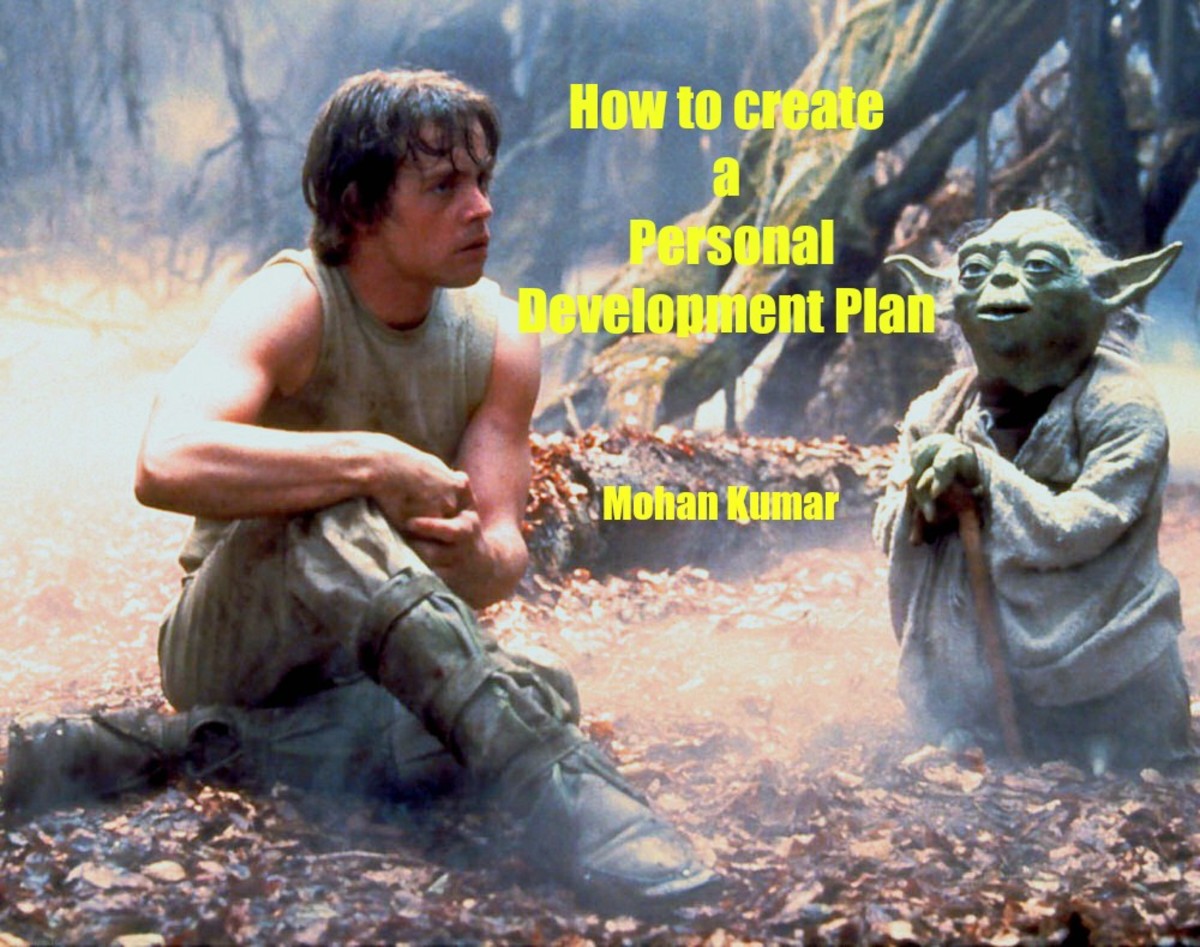What Is Mental Toughness Training-Definition, Benefits and Exercises

A small athlete since he started playing basketball as a young child, Tyrone Bogues (a.k.a. Muggsy Bogues) never grew taller than 5’ 3”. Despite this, he developed a reputation as an agressive defender and ended up playing basketball for the Washington Bullets and later for the Charlotte Hornets. It wasn’t an easy path to the NBA though.
As ‘Little Tyrone’ he was put down and told he would never be able to play basketball because of his size. So he and his friends decided to make their own improvised court so they could play, and he soon earned the reputation that helped him later on in the pros.
In an interview with NPR, one of the most important statements Tyrone makes about being told he couldn’t play may be the key to success in any area in life: “Why were these people saying this? I knew I could play.”
This self-belief, according to several experts in the field of mental toughness and sports psychology, is the cornerstone that sets accomplished people apart from those that fail to reach their goals on a consistent basis.
So what is mental toughness? And if it’s so important, how can you get more of it?
Mental Toughness Defined
Mental toughness, also known as “grit” has a profound impact on the quality of life we live and the amount of success we experience in it.
When we think of mental toughness, we might conjure up images of soldiers pushing through grueling physical and mental training or enduring harsh conditions on deployment. Maybe it makes you think of people running 135 miles through the heat of Death Valley in the Badwater Ultramarathon. Without a doubt these two scenarios require incredible mental toughness.
Then there are the non-athletic events, like chess tournaments, academic decathlons, high stakes poker tournaments and so on. It takes a lot of ‘mental toughness’ to enter a battle of wits and strategy for hours on end with someone sitting right across the table from you.
So how do participants in these areas rise above the rest? According to one study, mentally tough performers are able to maintain a positive energy flow during difficult times, while navigating their thought patterns in a constructive way when under pressure or making mistakes (Jones, Hanton & Connaughton, 2002).
In other words, according to this study, mental toughness is about remaining positive under pressure and persevering.
This is a good start. Another study adds to this by defining mental toughness, or ‘grit’ as “perseverance and passion for long-term goals…working strenuously toward challenges, maintaining effort and interest (over the long term) despite failure, adversity, and plateaus…” (Duckworth, Peterson, et. al 2007).
In another study focusing on elite athletes, the definition of mental toughness was derived from the athlete interviews as:
“…having the natural or developed psychological edge that enable you to generally cope better than your opponents with the many demands (of your sport.) …be more consistent and better than your opponents in remaining determined, focused, confident, and in control under pressure.” (G. Jones et al. 2002).
So in other words, mental toughness is characterized by self-confidence and perseverance. In Duckworth, Peterson, et. al 2007, they specifically note that mentally tough individuals were those with stamina on their side, persevering when all else has failed and everyone else has quit or changed course.
The study goes on to say that much more than inherent potential or talent, ‘grit’ or mental toughness, was the deciding factor in a person’s success.
Maybe you are mentally tough in some areas of your life, but you need to be more determined in other, perhaps more vital areas. Where do you start?
Discover Where you Need Mental Toughness
There are several standout attributes of the mentally tough performer:
- Self-belief and a strong drive to succeed.
- Coming back from mistakes or setbacks. Rebounding stronger than before. Top performers use their mistakes to learn and get better. Nobody gets to the top on a smooth road.
- Belief that you are unique and have qualities that make you superior to your opponents.
- Thrives under pressure.
- Acceptance of the pressure, and belief that it can be coped with.
- Not allowing performances of others to affect you.
- Able to focus when it’s ‘game’ time, regardless of what is going on in life or existing distractions, and to switch it off afterwards.
- Able to ignore or “push back” physical and emotional pain during the event, while maintaining a good performance.
- Able to ‘reset’ their mental state when unexpected and unpreventable events happen.
Adapted from “What is This Thing Called Mental Toughness? An Investigation of Elite Sport Performers” G. Jones, et. al 2007.
So based on the 9 standout attributes of mental toughness and the research that shows that perseverance against all odds trumps everything else, take a good look at the areas in your life that you want to improve.
- Do you lack self-confidence in important situations? Do you believe you can’t do something deep down?
- Do you often let setbacks stop you or change your trajectory?
- How well do you deal with unexpected circumstances before, during or after an important event?
Go through each of the 9 attributes and make honest notes to yourself about how mentally tough you are. Briefly cite specific examples. From this we want to develop a mental toughness training plan, complete with mental toughness exercises we do on a daily basis.
Small Habits Create Big Change-Good or Bad
After writing things down and thinking about your life a bit, you may be thinking you’ve got to make some big changes, and fast! However, according to James Clear, author of Atomic Habits, the opposite is true.
As with gaining weight, our bad habits don’t break us overnight. It takes years of small daily choices to pack on those pounds, but once those habits gain momentum, the change happens at a faster and faster pace.
Fortunately we can also use this paradigm to become the person we want to be living the life we want to live. This is where the definition of mental toughness training and habits come together.
1. Decide who you want to become. An athletic person? A wealthy person? A musician? What has stopped you so far? What do people who succeed in these endeavors do on a daily basis? Decide who you want to become (as opposed to some long term, temporary goal) and break down what habits you need to begin implementing today.
2. Perform these small habits everyday, or on a specific schedule. Your mental toughness training doesn’t have to mean physically tough. As noted earlier, perseverance over time is the key. Once you’ve figured out what habits the person you want to become practices, begin, and keep at it.
3. Be Zen with your Daily Habits. Consistency is key. It’s not about motivation, which can come and go. As Steven Pressfield says in his book, “The War of Art,” creative battles are won by showing up and getting to work, every day, whether you feel like it or not.

Mental Toughness Exercises
Simply sticking to the things you need to do in order to become the person you want to be can be mental exercise enough. Here are some suggestions for you to consider:
Earn a college degree:
- (Assuming you’ve already enrolled) Spend 10 minutes extra researching additional sources on a subject after your study session
- Resolve to meet with one or more of your professors once a week to discuss the subject matter
Lose 50 pounds:
- Eat one less junk food snack, or replace with one vegetable snack every day
- Park at the farthest end of the parking lot wherever you go
- Spend an extra 5 minutes on your cardio, or add 1 extra rep to every set, every workout
Pay off student loan or credit card debt:
- Eliminate an unnecessary area of spending, such as fast food, eating out, cable or Netflix. Use the money to make extra payments every month (or more frequently if possible.)
- Find an additional income stream, or a way to enhance an income stream, for your business. Put that money towards the debt.
- If possible, work an extra 2 hours every week, or pick up an extra shift every 2 weeks or month. Use the money towards the debt.
In his book Atomic Habits, James Clear suggests even smaller steps than these. The reason being is that they build on each other.
If you begin reducing your simple carbohydrate intake on a gradual basis (one less junk snack a day,) your body is less likely to have cravings, and soon you will want the healthy feeling that comes from eating nutritious food, and the physical changes that come with this habit.
When you eliminate unnecessary spending and put that towards eliminating bad debt (debt that doesn’t give you anything in return) there is a shift in your mentality and your bank account. When this mentality continues, you can be on the road to being wealthy.
You can do extreme mental toughness exercises if you like, sure. Once in a while, jumping in cold water, doing 150 burpees or eating nothing but oatmeal for a week are good ways to remind yourself what you’re capable of.
These things aren’t necessary though, and the best way to prove your mental toughness to yourself is to persevere at the good daily habits that will create the person, and life, that you wish to be and have.
Remember: Be, Do, Have. First, be the person you wish to be, by doing what this person would do, which will allow you to have what you want.
Or as James Clear puts it in Atomic Habits: Identity (Be,) Processes (Do,) and Outcomes (have.)
Now it’s time for you to create your system of good habits and begin shifting the momentum of your life. Keep going, and your mental toughness muscle will get stronger and stronger every day.



